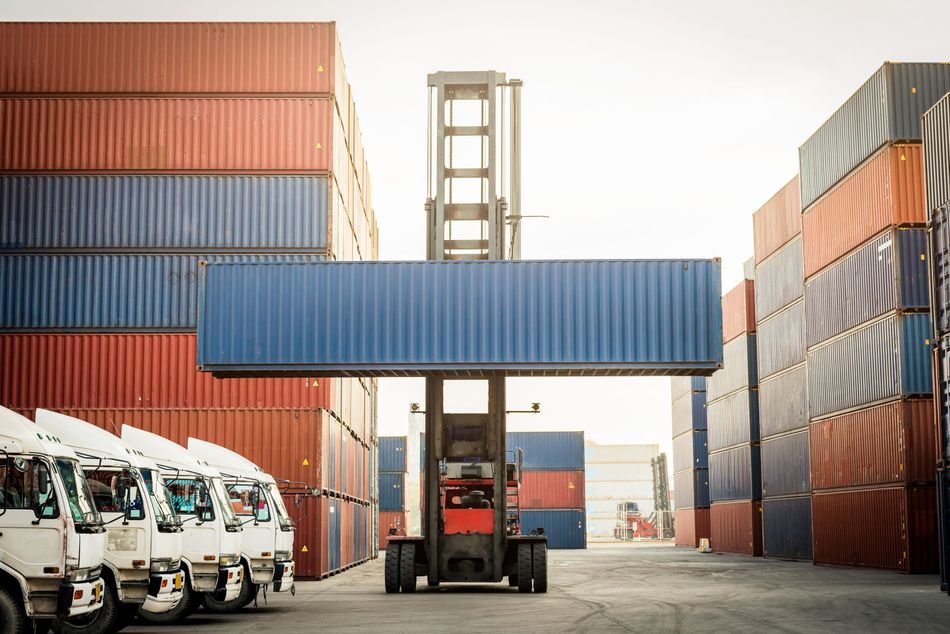Intermodal and multimodal transportation: what's the difference?

Many international businesses have almost certainly encountered a situation where it is too expensive to ship goods by certain modes of transport. Fortunately, in such cases, multimodal transportation of goods is possible.
What is international multimodal and intermodal freight transport?
Multimodal transport is defined as transport using multiple modes of transport but governed by a single contract. There is no difference what type of transport is used - rail, river, road, and so on.
Intermodal transport is defined as transport that uses multiple modes of transport and in which the client may enter into an agreement with several companies. In the case of intermodal transport, there can be many modes of transport, and the responsibility is shared equally among all participants.
What is the difference?
Multimodal and intermodal transportation are very similar to each other, but there are also differences:
- In multimodal transportation, only one company is involved in the transportation process, while in intermodal transportation, the customer interacts with several companies separately.
- Responsibility for intermodal transport is shared between all participants in the transport of goods. Because of this, for example, in the event of damage to any product, it is very difficult to find the culprit.
- for multimodal transportation, one common package of documents for all goods is usually issued; in the case of intermodal, the difference is that several packages of documents are needed (for all participants in the transportation of goods).
Advantages of multimodal trasnportation
Multimodal transportation has the following advantages:
- Cost reduction. The customer concludes a single agreement with one company, rather than many contracts with several companies, which allows minimizing costs.
- Reducing delivery time. If the customer is responsible for the delivery of the goods on his own, he will need to negotiate with several companies. When using multimodal transportation, the delivery is handled by the contractor, not the customer.
- The carrier company will independently find and negotiate with all parties involved in the transportation of goods (many carriers have preliminary agreements with the actual contractors), which will significantly save you time.
- Freight transportation optimization. In some cases, transporting goods from point A to point B by one mode of transport is too costly. Multimodal transportation allows you to divide the route into several sections so that goods are delivered by various modes of transport, which not only saves money, but also speeds up the delivery of goods.
- Safety. The contractor bears full responsibility. If the contractor delivers damaged goods to the recipient, the contractor must fairly compensate the recipient for its cost.
- There is no need to create many documents. The customer only needs to collect one package of documents and deliver it to the contractor. Of course, additional documentation may be required for shipment, but in most cases, the carrier company is responsible for preparing this documentation.


